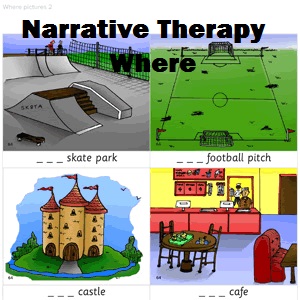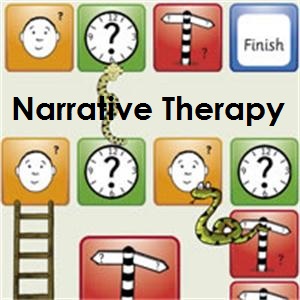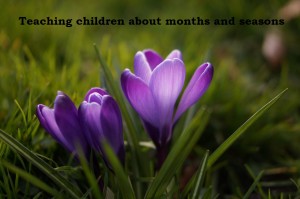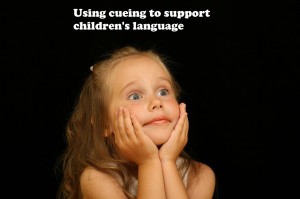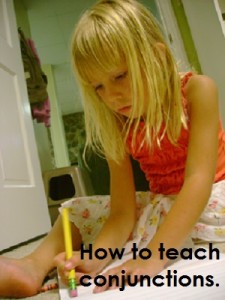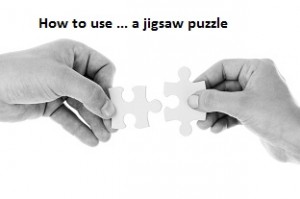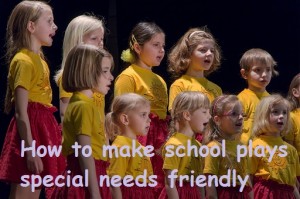This is the third post in our series on narrative therapy. If you haven’t read the others you might want to go and have a quick look first! Read the introduction here and ideas for teaching who here. Helen did mention that the order you work through the questions may alter between younger and older […]
Posts in category Language
Narrative therapy – ...
A little while ago, Elizabeth posted an introduction to narrative therapy – what it is, why it’s important and some suggested resources to help work on these skills. You can read that post here. There, she talks specifically about the Black Sheep narrative packs. These packs use a particular framework for teaching narrative. Who? Where? […]
Opinions – Having them and talking about th...
We have started a series of posts looking at high level language skills. As children get older, language and its demands become more sophisticated. It is often around Junior school age that these more subtle language difficulties can become apparent. You can read Helen’s post about understanding and supporting words with multiple meanings here. Today, […]
Narrative Ther...
What is narrative therapy? When we talk about ‘narrative’, we are referring to the ability to tell a story or series of events with precision and clarity. For younger children this will happen verbally, but it also transfers to written work for older children. This is a very complex skill that requires remembering what happened, […]
Teaching children about months and seas...
We changed the clocks on Saturday night and now it’s officially British Summer Time. It will be Easter next weekend, and that must mean it’s spring. Yet I had my winter coat on today!… Time concepts are very difficult for many children to grasp, especially children with language difficulties. The vocabulary for the seasons and […]
Using cueing to support children’s langu...
A few weeks ago, Elizabeth posted about different ways that speech therapists use cueing to help children with speech sound difficulties. We can also use cues to support children with comprehension and expressive language difficulties as well. We thought it would be useful to share some of these here too. As I planned this post, […]
How to teach conjunctions to older child...
So, conjunctions… Technically a conjunction is an invariable grammatical particle, and it may or may not stand between the items it conjoins. (That takes me back to my linguistic lectures!!) You might call them conjunctions or connectives, but what we are talking about are those clever little words that link ideas and sentences together. Now […]
How to make school plays special needs frien...
Helen found this great article on how to make school plays deaf friendly from the NDCS. So we thought we would write about how to make plays and assemblies more accessible for children with speech and language difficulties. Every child should be included; you might juts have to think laterally about a few things! Don’t assume […]
